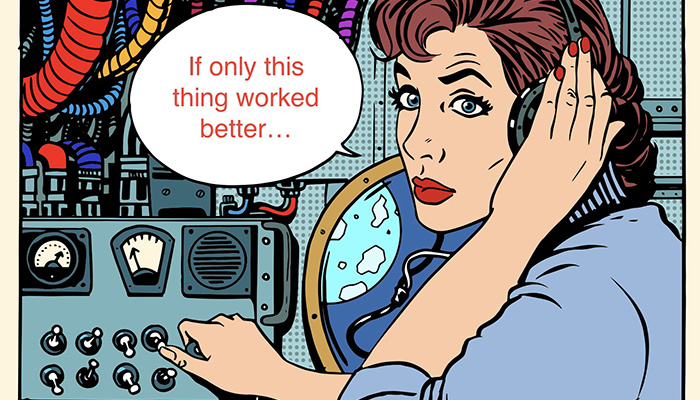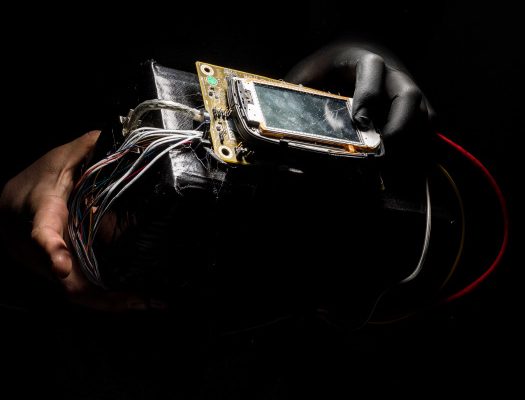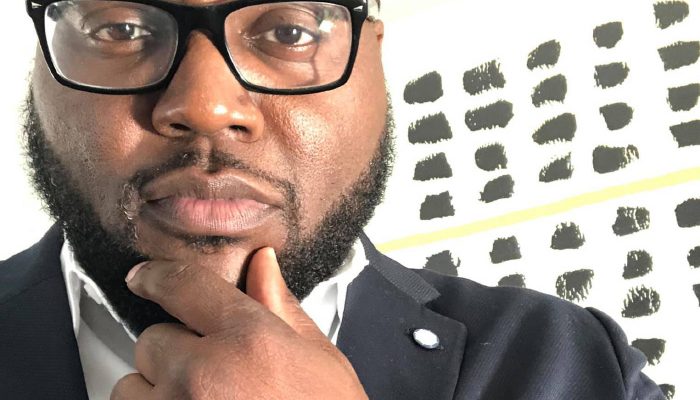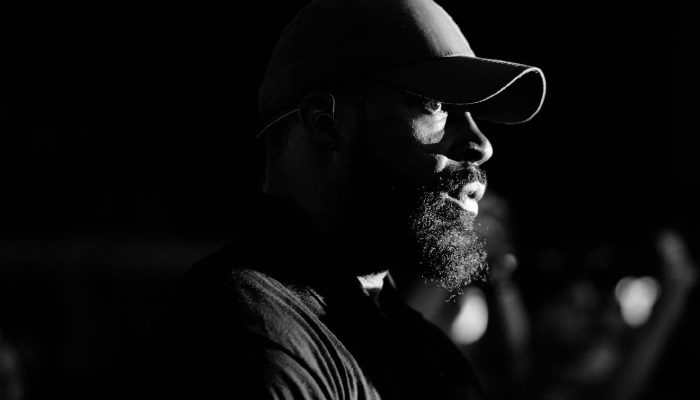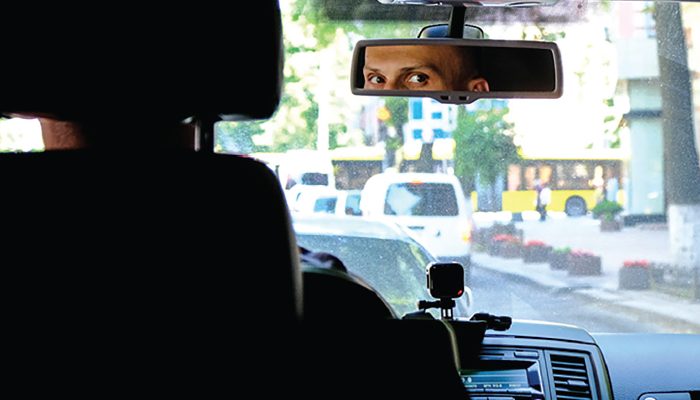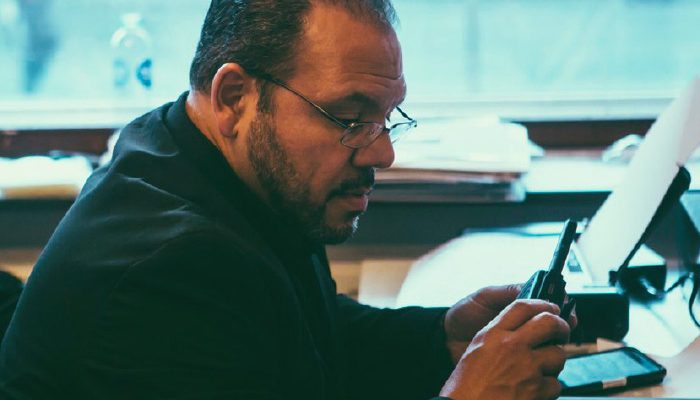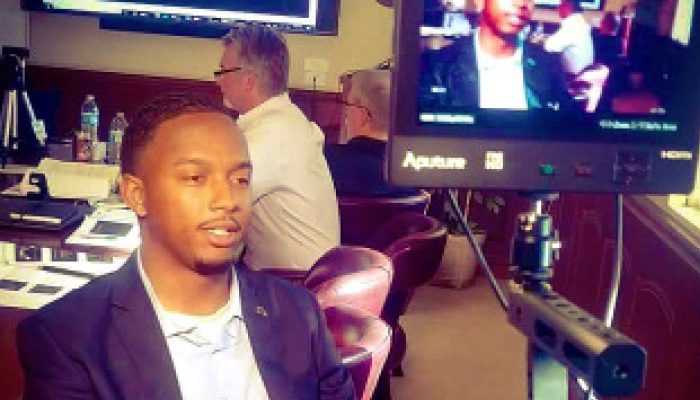If you are a professional user of traditional ‘push to talk’ two-way radio communications, this will fundamentally change the way you view the use of your radios.
Lessons Learned on Executive Protection Communication.
One important thing to realize is that the principal is the key figure in shaping the culture. Not all principals are the same. I have experience of principals that don’t want to see or hear the protectors.
Behavioral Analysis Part 1
Many people spending more time online this past year due to COVID-19 lockdown and isolation has created limited options of socialization, forcing people to a record amount of screen time on the internet and social media. Much more than ever before.
Establishing Your Career Path in Close Protection
To clarify, the commercial close protection industry is challenging for most people to enter, mainly because it is a very small and ‘cliquey’ world where doors usually open for people if they know the right people. So, to start with, networking is a valuable key to opening the doors.
BASIC RANGE CONSIDERATIONS
My professional experience with firearms started when I was 17 years old, and I joined an Infantry Regiment in the British Army. After leaving the British Army five years later, I worked in an armed capacity in numerous countries while providing security services.
Foot Steps: Mike Brown
Mike Brown is one of those individuals who has found success as an operator by envisioning where he wanted to end up and trusting the process to take him there. In his time in the industry, he has earned his stripes and now reaps the rewards running a successful business and managing the protective detail for a very well-known public figure. I speak to Mike to learn some of his keys to success.
Precious Principals – The Challenges of Protecting Children
My principals’ ages have also ranged from 4 to 65 years old. Amongst them all, I personally believe the most challenging principals are children. For me, the role of a bodyguard caring for a minor is all about balance, judgment, adaptation and a crystal-clear understanding of the parents’ wishes.
Know Your Value – How much are you really worth?
Clients may not always enjoy paying for services rendered, but they appreciate knowing they are getting good value for the money they spend on personal protection. When you stick to your guns and know your value you send a message to your client that your services are worth every penny of what you are charging.
Executive Protection 2.1
William Shakespeare said, “Defer no time, Delays have dangerous ends”. What we do now in these trying times, we will either profit from or suffer from. Why is it that some survive these times in our industry, and some do not? What steps can be taken to avoid a crisis in your employment status?
Drivers & Bodyguards
Now, here me out. If you’re managing security projects it’s only a matter of time before you’ll have to deal and work with security personnel, bodyguards, and drivers that are not part of your team or company. Dealing with unknown personnel can be very problematic due to their potential lack of professionalism and egos.
Keeping Your Edge: Is Unity In Our Profession Dead?
As the President-Elect wrapped up his speech, now joined onstage by his extended family, my attention was on the members of the United States Secret Service who were close by. I thought of these men and the job that they were tasked to do. Not knowing them personally, I wasn’t aware of their political affiliations, were they a Democratic like Biden, or a Republican, rooting for the current President, Trump? They, like every other citizen of the country, were allowed to cast their votes, and could have picked either, or none. However, at that moment, on that stage, I don’t think it mattered. These agents, surely knowing the risk associated with the occasion, were focused on the task at hand: The safety of their protective charges, no matter their personal political affiliation.
The Key Elements of Counter Surveillance
Counter Surveillance is defined as the actions that a person (or team) carries out, in order to detect that a person (Principal) is under surveillance and to identify the composition and makeup of a hostile surveillance team.
In this article, Pete Jenkins talks through the key principles of a counter-surveillance operation.
Clients Should You Trust them?
There needs to be a healthy relationship with your clients, you don’t want to let them dominate you, and you don’t want to try to dominate and control them.
Boundaries must always be made clear as this works to protect you and your client’s interests. Clients are not your friends, they are clients paying you to provide them with a service, and if boundaries are ignored, it can undermine any respect in the business relationship.
Foot Steps Episode 5: Sam Alicea
What were some takeaways you obtained from your past line of work? And how have they helped you in the private sector realm?
When I look at the totality of what we do in this industry there are quite a few takeaways. From having dealt with the irate couples during a domestic dispute to negotiating a business deal the importance of not only verbal judo but communicative and interpersonal skills tops the list, followed by the skills I learned from collecting evidence at a crime scene where attention to detail was key.
Ammunition – Does it Matter?
In the context of close protection work, the use of firearms is often an all or nothing proposition. In most cases, you are either armed, or you’re not! There is a whole host of things that play into that, be it where you are, your level of certification, or the demands the client puts on you. All of that aside, I wanted to take some time and dig into the finer things, often overlooked when we talk about “strapping up.” Ammunition!
Nonverbal Communication
There’s something to be said about the art of reading people, especially in the protection industry. The ability to pick up on nonverbal communication is an area where most, if not all, protection practitioners are skilled.
Foot Steps: Episode 3 – Devon Taitt
I believe everyone should spend at least a year working the clubs on the weekends. You will develop your self-awareness, situational awareness, verbal and nonverbal communication skills, and overall confidence. It’s controlled chaos. The perfect training ground.
Leading for the Future – Excellence through Inspiration
Value-driven leadership doesn’t mean you tolerate underperformance, it just means excellence can be achieved with balance and inspiration and doesn’t require intimidation to garner results. As a leader, unless you have clarity in vision, you can never inspire others to follow. People don’t mind being led, as long as they know you understand where you are going.
Kidnap & Ransom – Part 1
If you are a security professional with significant high-threat worldwide protective services experience, you know that depending on the client, it may not be a matter of if your client or a family member is kidnapped, but when. You also understand that it is likely that you may not even be directly providing protection for the client at the time it happens and unable to prevent it, especially when they are alone and most vulnerable.
Confidentiality: Personal Choice or Professional code of conduct?
Surprisingly, many people who took part in the thread commented, saying that they don’t find anything wrong with it. Some of them even named their own old clients. Others tried to justify the practice of name-dropping by saying it was a former client, or that they didn’t reveal anything personal about the client, or that they had the client’s approval to post that picture or to name the client. And finally, some said their client is already pretty well-known and paparazzi are always getting pictures of them together so why hide it? Essentially, they are good guys, and how dare we criticize people we don’t know. These were a number of the comments from individuals who either work in the security industry as operatives or own companies and hire agents to represent them.
